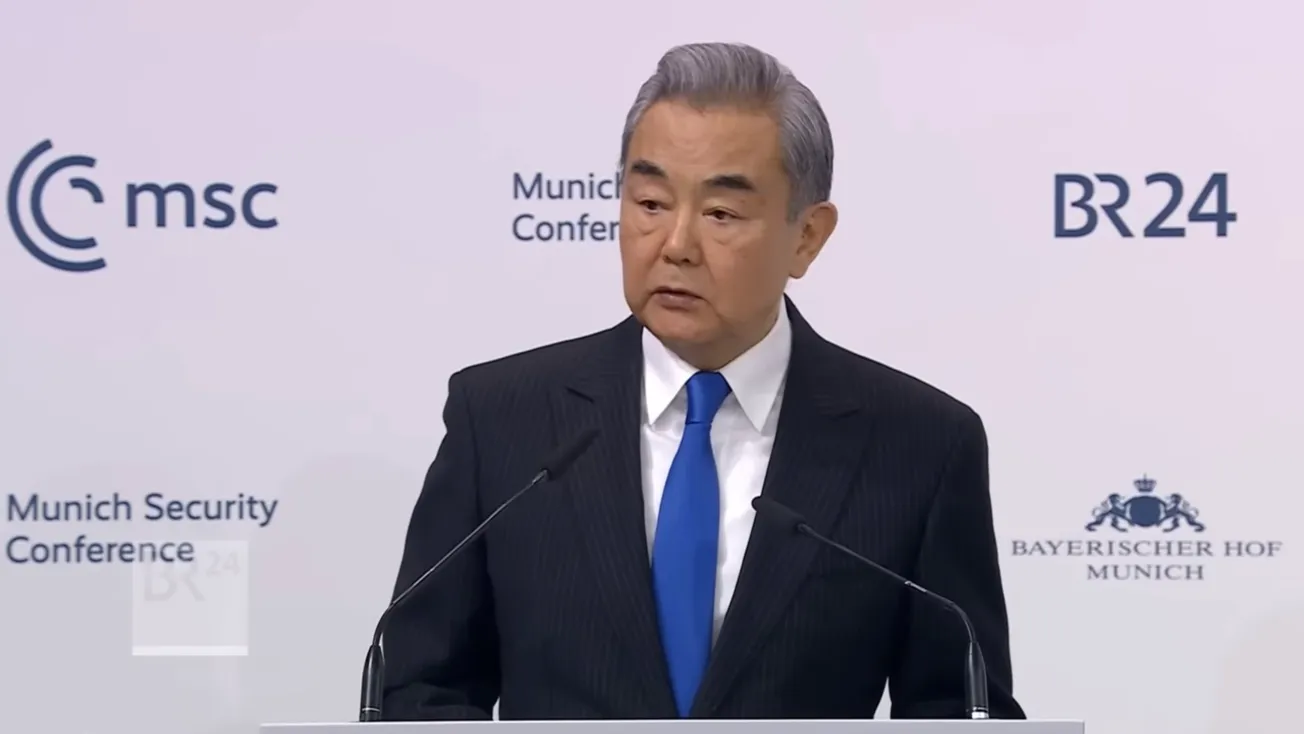On July 4, Brazil took over from Argentina the six-month rotating chairmanship of the Common Market of the South (Mercosur) customs union, whose four founding members are Brazil, Argentina, Paraguay and Uruguay. The last time Brazilian President Lula da Silva appeared at a Mercosur meeting was 13 years ago. Yesterday, as President Pro Tempore, his inaugural speech to the heads-of-state summit in Puerto Iguazu, Argentina, Lula addressed a number of crucial issues confronting Mercosur.
Lula noted “how complex and challenging” the world is today and that no country can solve its problems alone. Peace is essential, he said. “In the face of wars that bring destruction, suffering and impoverishment, we must speak of peace. In a world increasingly marked by geopolitical competition, our regional option must be cooperation and solidarity.”
The Brazilian President was, however, unrelenting in attacking the European Union’s attempt to attach penalties to environmental conditions in the draft EU-Mercosur trade deal. (This trade deal was agreed to in principle in 2019 after 20 years of negotiation, but was never finally ratified.) Last March, the EU Commission attached a letter to the draft, requiring voluntary commitments to the 2015 Paris climate agreement to be enforced by sanctions. Lula responded:
“The Additional Instrument presented by the European Union in March of this year is unacceptable. Strategic partners do not negotiate based on distrust and the threat of sanctions. It is imperative that Mercosur present a quick and forceful response. It is inadmissible to give up the purchasing power of the state—one of the few instruments of industrial policy that we have left. We have no interest in agreements that condemn us to the eternal role of exporters of raw materials, ores and oil. … We need policies that contemplate deep regional integration, based on qualified work and the production of science, technology and innovation. This requires more integration, the articulation of productive processes and the interconnection of energy, roads and communications.
“Based on these assumptions, we are going to review and advance the agreements being negotiated with Canada, South Korea and Singapore. We are going to explore new negotiation fronts with partners such as China, Indonesia, Vietnam and countries in Central America and the Caribbean.”
While Lula did say that he is committed to concluding an agreement with the EU, he specified that it “must be balanced and guarantees the necessary space for the adoption of public policies that favor productive integration and reindustrialization.” He also discussed the need to ensure adequate financing for the region’s nations and vowed to work “to mobilize resources together with national banks and regional development organizations, like the CAF (Andean Development Corporation), Fonplata (a regional fund) and the Inter-American Development Bank, to finance physical and digital infrastructure projects.”
The fact that his colleague, former Brazilian President Dilma Rousseff, is now the head of the BRICS New Development Bank, means that “new horizons are opening for Mercosur to reduce the asymmetries [among] its members,” Lula emphasized. He touched on issues such as strengthening other Mercosur regional institutions and reminded members that Mercosur is far more than a strictly commercial project. “Our integration must be solidarity-based and awaken a feeling of belonging…. Only the unity of Mercosur, South America, Latin America and the Caribbean will allow us to again take up growth, combat inequality, promote inclusiveness, deepen democracy and guarantee our interests in a world undergoing transformation.” (



